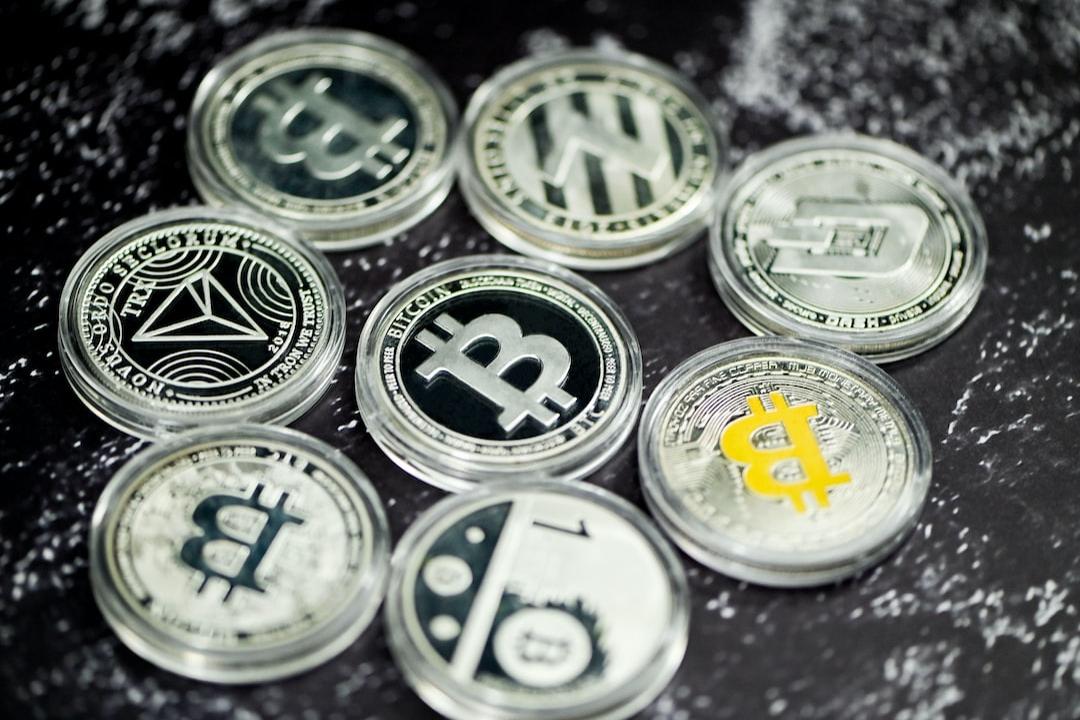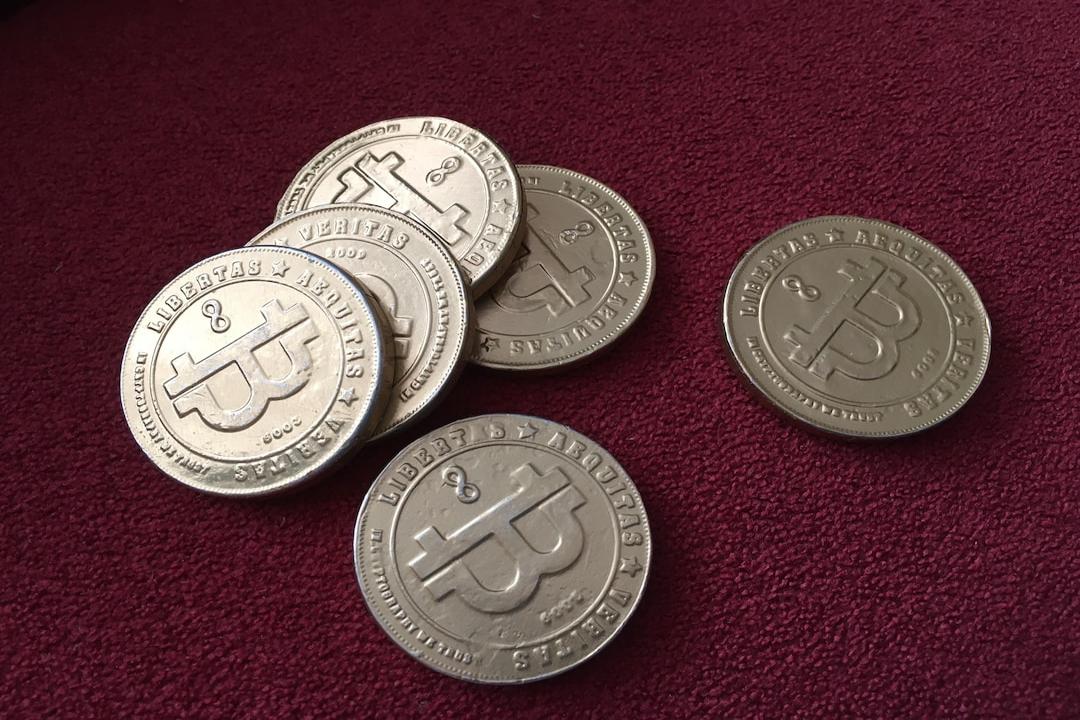
Russia Introduces Legislation to Bolster Industrial Crypto Mining while Phasing Out Smaller Operators
Russian lawmakers are working towards legalizing the country’s industrial crypto mining sector, while considering imposing strict regulations on smaller, private crypto miners who operate from home. Anton Gorelkin, Deputy Chairman of the State Duma Committee on Information Policy, confirmed that the State Duma is set to discuss a new mining law during its current legislative session. This legislation aims to establish a clear distinction between large-scale industrial mining activities and smaller private endeavors.
The new mining bill is part of broader crypto regulations that will prohibit most crypto exchanges from operating within Russia. However, there will be specific exemptions for businesses under the supervision of the Central Bank’s regulatory sandbox, particularly international trading companies that use cryptocurrencies instead of USD for global transactions.
Under the new regulatory framework, industrial crypto miners will have access to Moscow-regulated exchanges, but they will only be allowed to sell their tokens. Only Russian corporations and authorized business operators will be permitted to continue mining activities.
The bill is expected to be passed in the near future and take effect on September 1. This move is part of Russia’s ongoing efforts to integrate crypto operations into its national regulatory system, with a focus on international trade and industrial mining.
In recent developments, Gorelkin clarified that individuals adhering to government-established energy consumption limits will be able to engage in coin mining without special permits. This is a departure from earlier proposals to prohibit all non-industrial crypto mining activities. However, the specific energy consumption caps have yet to be defined, and Russian energy providers are cracking down on illegal mining operations, potentially indicating low tolerance for residential mining setups. Industrial mining operations are now required to submit activity reports to Rosfinmonitoring, Russia’s anti-money laundering body, reflecting increased regulatory oversight in the sector.
The proposed legislation also aims to enhance local authority and address grid pressure caused by crypto mining activities. It grants energy suppliers and local governments the power to prohibit mining in specific areas, although the terms and extent of such prohibitions require further discussion and clarification.
Legal experts in Russia have different opinions on the prospects of the new legislation. Some criticize the draft law’s quality, pointing out flaws in its definition of mining and overall drafting. They believe significant revisions would be necessary before it could be considered for a vote. However, this legislative effort is believed to be driven by strong lobbying from the industrial mining sector.
Meanwhile, Russia is actively developing its Central Bank Digital Currency (CBDC), the digital ruble. The pilot phase for the digital ruble began with select banks, and the Central Bank of Russia is taking a cautious approach, emphasizing real-world testing and ensuring infrastructure supports cybersecurity needs and offline capabilities. The complete implementation and potential mass adoption of the digital ruble are anticipated to occur between 2025 and 2027, with infrastructure and regulations being refined and expanded during this period.













